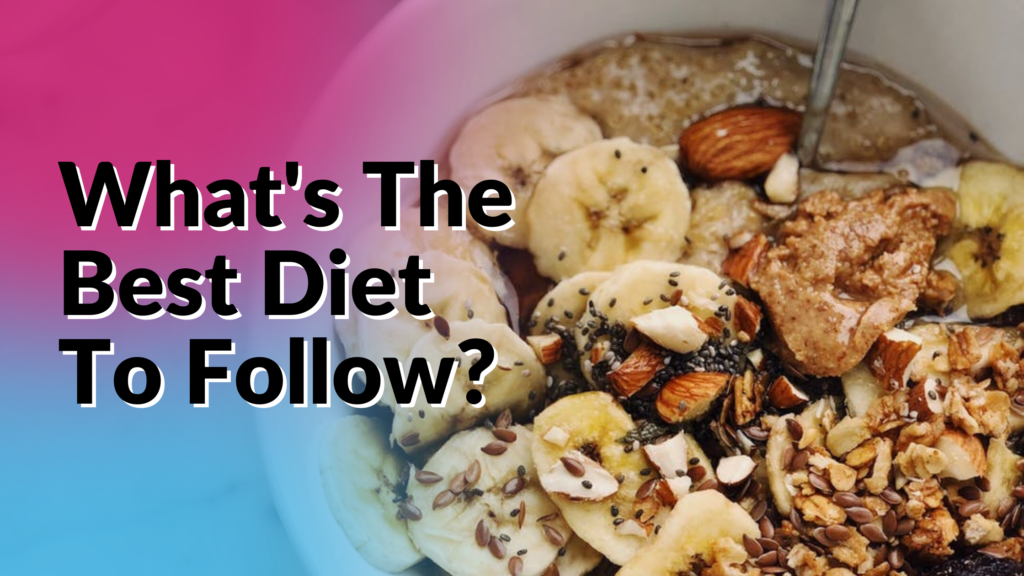No products in the cart.
Uncategorised
What’s The Best Diet To Follow?
It infuriates me to see these young, usually enhanced social media influencers promote how Fasting, Keto, or IFYM got them shredded and how this simple adjustment is all anyone ever needs.
In the short term, if you’re young and fit you can eat anything and just focus on a simple calorie deficit and lose fat, but you’ll feel terrible in the process.
If you’re over 40 and want to drop body fat, add some decent muscle tone, and feel good in your skin again, then I want to clear up a couple of these concepts so you’re not stuck going round in circles trying to implement protocols that MAY be hurting your progress.
Fasting
Bad – if you’re a busy man that has a decent amount of stress on his plate, fasting will downregulate metabolism quickly and you may feel weak and powerless.
Good – If you have a low-stress job, you’re not worried about burning muscle, increasing performance/recovery times, and don’t want to think about food till lunch then this could work.
IIFYM
Bad – you’ll be looking at food for its calorie content rather than quality and choose the sugar-free energy drink over the avocado. This will ruin your natural energy production and hormones in the process and will guarantee burnout and hormone shut down. Even if you drop weight in the short term from the simple “deficit” it promotes, you will usually run into issues later on with toxicity, low energy.
Good – if you like counting in everything you eat AND are also logical about balancing food choice with calorie amount, this is an option. If you’re using it track but you’re still looking deeper than calories and take quality and nutrition timing into account and just use it to balance out your “high days” then this is good, however, this is now a loose IIFYM approach and more intuitive.
Keto
Bad – If you have a high-stress job, have trouble sleeping or calming down this may not be a particularly good option for your hormonal state. If you enjoy eating “normally” or want to be able to splurge on a meal and not worry about the carb content. And lastly, if training performance or strength is at all a priority you will see a decline.
Good – If you’re not worried about training performance, hate carbs, and don’t like going out to dinner or you have a BMI over 30 then this can be a good option because it forces you to use ketones (fat) instead of carbohydrate as fuel which if you are holding a little extra around the waste your body does not currently use carbohydrate well.
So by no means do I want to be dogmatic and say any of these options don’t work. I personally think there is value and merit in EACH of these approaches but it requires you to think about where you’re at currently and what BITS of each with serve you best.
For example, I always make sure that this metabolic flexibility piece I mentioned from the keto is acknowledged for every client because if they can’t use fats effectively, they’ll have a hard time losing body fat without mental fatigue, muscle loss, and energy decline.
But there are smart ways of implementing the GOOD out of each of these approaches without suffering from the BAD.
And it starts with knowing what you really want out of your body and nutrition (what’s important) and implementing aspects that make sense for you and your goal.
If you want to save the guesswork and have me go through this with you.


